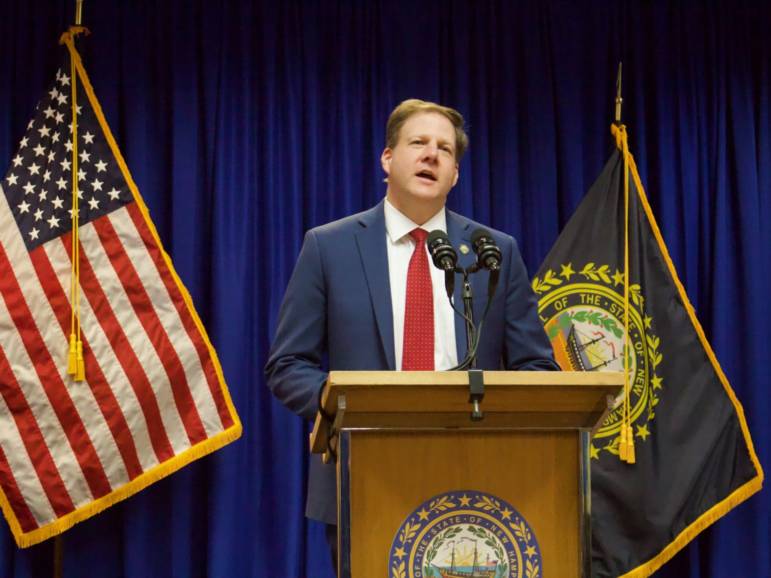

CONCORD, NH – Gov. Chris Sununu announced at a news conference on Monday that he is shutting down hotels, motels and short-term home rentals like Airbnbs to help stop the spread of COVID-19 except for essential workers and vulnerable populations.
The exceptions include those who are first responders, people fleeing domestic violence, and the order does not currently extend to campgrounds, but the hope is that the latest emergency order will slow the growth of the highly contagious virus.
“We can’t emphasize enough that people are healthier in your own home and home state,” Sununu said. “We look forward to welcoming you back in New Hampshire when this public crisis is abated.”
Sununu’s emergency order #27 said guests can stay until the end of their reservations.
Sununu said he had spoken with hoteliers and “the vast majority of folks are way down in business,” he said, noting some owners recommended he take the action.
The hope is that people, particularly those from out of state will stay away for the time being while it grapples with the growth of a pandemic and limited health-care resources.
The state announced the new total of 715 people who now have COVID-19, 46 more than the day before. No new deaths were reported, and that number stands at nine.
About 192 health care workers have tested positive for the novel coronavirus, said Health and Human Services Commissioner Lori Shibinette.
Shibinette said there are health-care workers “across-the-board” from various roles such as doctors, nurses and others, which represents about 26 percent of the total number of COVID-19 cases that have been confirmed in New Hampshire.
There is no specific hot spot of health-care workers testing positive, she said. The cases reflect geographic areas where most of the overall cases have been confirmed. A majority of the cases in the state are in Hillsborough and Rockingham counties.
The peak of the virus is still on the horizon and three to five weeks away but that may depend on a number of factors, including how the virus progresses in New York and Boston, said Sununu, noting also that the curve might not be bell-shaped but have a long tail.
For someone to predict that the next few weeks will be “rough” is an “understatement,” Sununu said. “There’s nothing that isn’t impacted by this.”
Sununu said he is having to make hard decisions quickly. COVID-19 does not allow for a long deliberative, think-tank sort of process. “You have to react,” Sununu said.
Dr. Benjamin Chan, the state’s epidemiologist, said New Hampshire is in a relatively good position to fight the virus. Not only have we benefitted from less density than other states, but he said the state also acted “relatively early and aggressively.”
Noting the new voluntary CDC guidelines on cloth masks, Chan said people who think that cloth masks will protect them from others are wrong. They may protect people from the wearer of the mask if asymptomatic, he said, but people still need to keep a social distance of at least six feet from others while wearing the masks.
The governor complimented New Hampshire residents on social distancing and taking up the #hikelocalchallenge, where people were asked to go out and explore places near their home and post about them on social media.
Sununu said the response was quite amazing and it was nice to see families out enjoying their own backyards.
No governor can close their borders, but he said people are “healthier at home” and should stay there as much as possible. New Hampshire currently has adequate protective equipment for health-care workers but is actively trying to seek more than the 300,000 individual pieces that it has procured and is now using, he said.
Sununu said he is actively trying to secure more but the worldwide competition for those goods is unprecedented. Dr. Chan noted there have been 1.3 million cases worldwide close to 350,000 in the United States and the numbers are increasing globally.
He said people should expect COVID-19 is “widespread and present in most areas of our state.”
Because there is no cure, the best medicine, Chan said, is social distancing to “protect those most vulnerable,” frequently washing hands and staying home.







